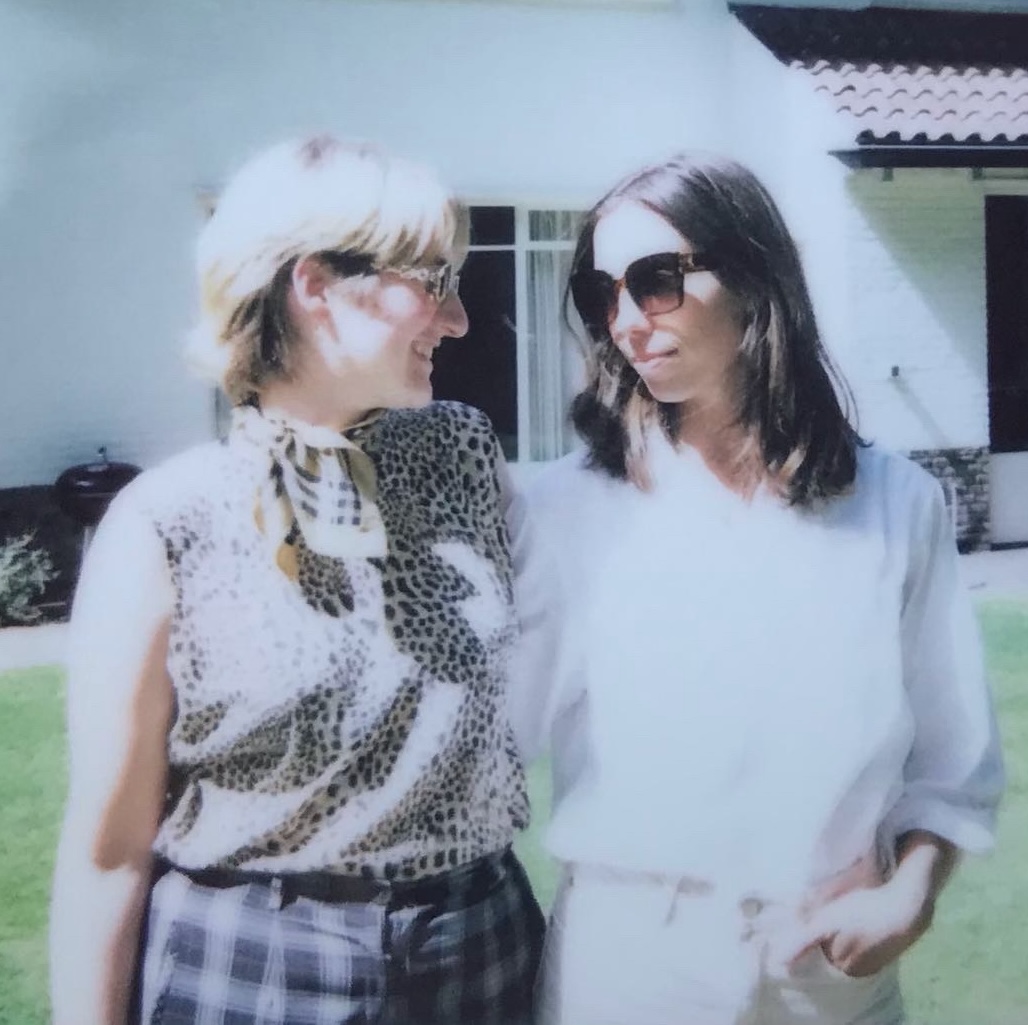 Pia Louwerens & Katinka van Gorkum
Pia Louwerens & Katinka van Gorkum Pia Louwerens and Katinka van Gorkum
Throughout their friendship and cohabitation, Pia Louwerens and Katinka van Gorkum have been in continuous conversation about the spectrum between opening/show/exposing on the one hand and inwardness/privacy/home on the other. In their respective art practices, these themes are expressed differently.
During an artist-in-residency at Kunsthuis SYB in 2023, Pia and Katinka started researching the Lesbisch Archief Leeuwarden (Lesbian Archive Leeuwarden, later named the Anna Blaman Huis) which existed from 1976 until 2013. They considered what it means to open up this archive in an artistic context. With this project, they reproduce the gestures of an archivist when they search, browse, pack, unpack and copy materials from the archive and, when they share their project with an audience, carry on the role of desk clerk and spokesperson. An important part of this practice for Pia and Katinka is the affective relationship with the material, an echo of the intimacy from the early days of the archive, while drawing on their bond as roommates.
Pia Louwerens makes performances in which she tries to understand how the artwork, artist and the (institutional) context produce each other. She imagines these relationships as an intertextual network, or script, which she can ‘co-write’ through performance, spoken and written text. She often works with appropriation and (self)citation, re-using old scripts in new performances. Because of this, her performances form their own archive. She sees this as a way to develop forms of publication and exhibition that do not require transparency or visibility, but instead add more and more layers to the work.
Katinka van Gorkum explores the idea of the house and feeling at home by making private spaces public and by challenging the very idea of the house as a stable base. She is currently doing this through the medium of writing. She undertook a research on the Rotterdam-based and openly lesbian writer Anna Blaman (1905-1960), which led, among other things, to a short story in which the main character hides in Blaman’s virtual bedroom. In the pamphlet Loving Characters Into Gas Station Snacks, she and Sára Iványi published the un-edited conversation they had via a text-based dating app, writing to each other on a daily basis without knowing who the other person was or what they looked like.